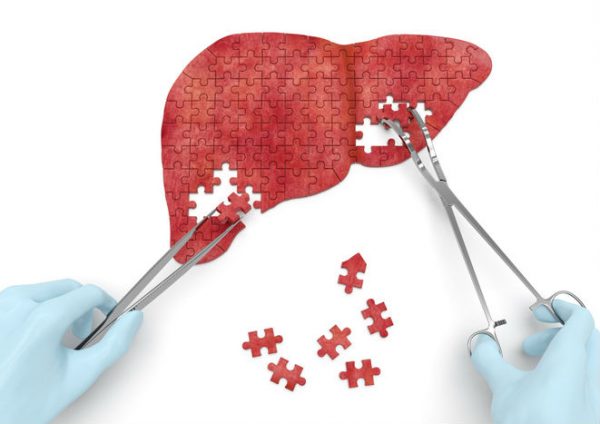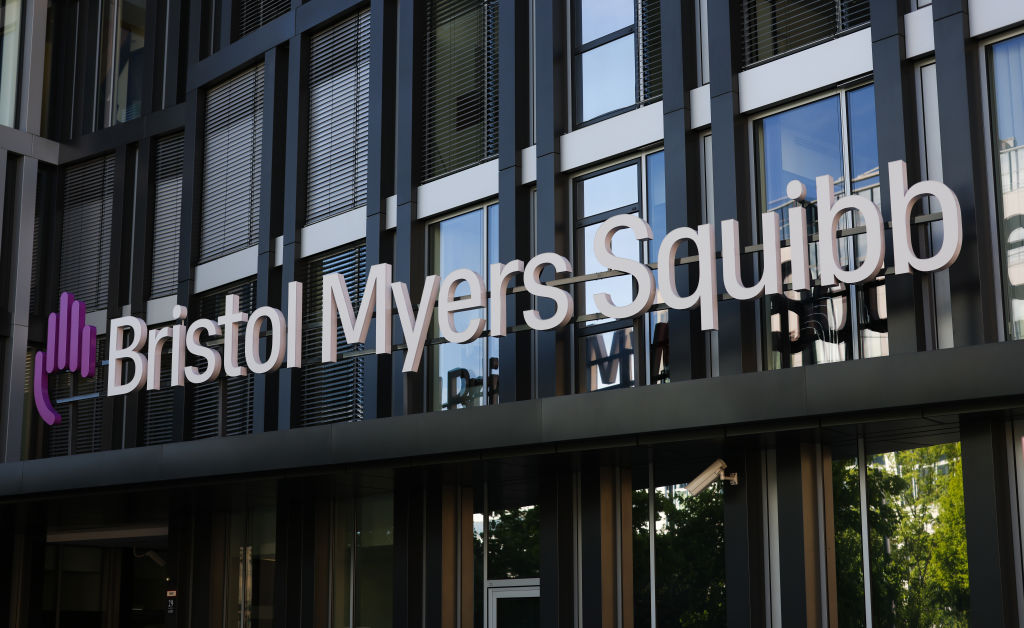
One of the two lead drug candidates under development for a form of fatty-liver disease has failed, the company developing it said Monday.
Lille, France-based Genfit said Monday that an interim analysis of the Phase III RESOLVE-IT of elafibranor in nonalcoholic steatohepatitis, or NASH, did not show statistical significance on the primary endpoint of NASH resolution without worsening of fibrosis, or on the key secondary endpoint of improvement in fibrosis. The company said it would work with regulators to determine the next steps regarding continuation of the trial.

Using Informed Awareness to Transform Care Coordination and Improve the Clinical and Patient Experience
This eBook, in collaboration with Care Logistics, details how hospitals and health systems can facilitate more effective decision-making by operationalizing elevated awareness.
Shares of Genfit fell 72.6% on the Euronext Paris market when it opened Tuesday, from 20.22 euros ($21.98) per share to 5.54 euros ($6.02).
Among 1,070 patients enrolled in the intent-to-treat population, the 717 who received the drug showed a response rate on the primary endpoint of 19.2%, compared with 14.7% among those in the placebo arm. On the secondary endpoint of fibrosis improvement, 24.5% of patients receiving the drug showed an improvement, compared with 22.4% among those on placebo. Other secondary endpoints, which measured metabolic parameters, did not show statistical significance.
“These results are highly disappointing, not only for the Genfit team, but also for patients and healthcare providers, as there continues to be considerable unmet need in the NASH space,” Genfit CEO Pascal Prigent said in a statement. “The Genfit team is actively reviewing the full interim dataset and will be conducting additional analyses, to gain a clearer understanding of the higher-than-anticipated response rates in the placebo arm.”
Elafibranor had been seen as the second-in-line drug after the one that may become the first to win a Food and Drug Administration approval for NASH, New York-based Intercept Pharmaceuticals’ obeticholic acid. That drug is expected to undergo review by an FDA advisory committee on June 9. With its failure, elafibranor is only the latest drug candidate for NASH to find itself no longer in the running. Last year, Gilead Sciences’ selonsertib also failed in its Phase III development program. Other NASH drugs that have failed have included fellow Gilead drugs firsocostat and cilofexor, as well as Boehringer Ingelheim and Pharmaxis’ BI 1467335.

The Impact Brands: Empowering Wellness Through Natural and Holistic Solutions
In an era of escalating healthcare costs and a growing preference for natural, holistic approaches to health, The Impact Brands emerges as a collective of diverse brands dedicated to supporting overall wellness through natural means.
Investment bank analysts viewed the news as a positive for Intercept. In a note to investors, Baird’s Brian Skorney wrote that elafibranor’s failure strengthens the view that obeticholic acid has a scarcity value in NASH that remains underappreciated. Oppenheimer’s Jay Olson wrote that RESOLVE-IT’s failure extends Intercept’s potential lead time and underscores the significance of the REGENERATE study of obeticholic acid as the only positive Phase III NASH study.
“The weaker the Phase 2 study design, the harsher the reality has been on Phase 3 results,” Skorney wrote, noting his team’s skepticism around results of Genfit’s Phase II GOLDEN-505 study results stemming from patients who did well on placebo.
The same appears to have been the case in RESOLVE-IT, with a high percentage of patients performing well on placebo. Mayank Mamtani, an analyst with B. Riley FBR, noted that the placebo response rate was one of the largest ever in a Phase III NASH trial, higher than Gilead reported for selonsertib.
Photo: Sakramir, Getty Images












